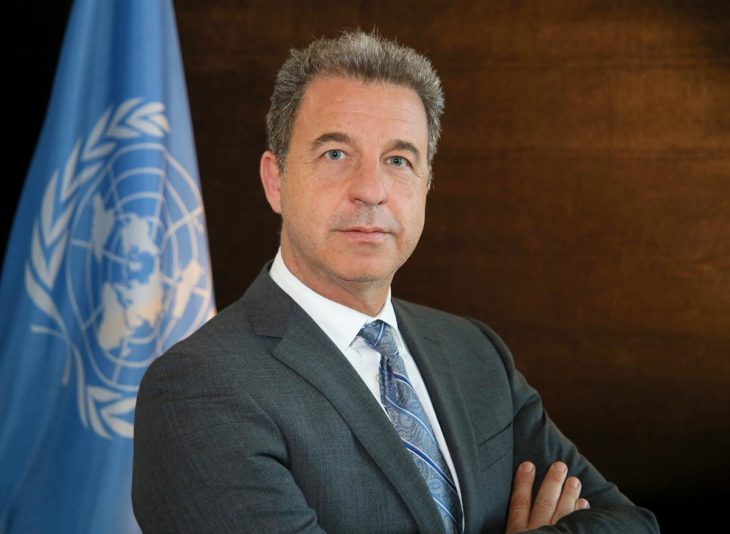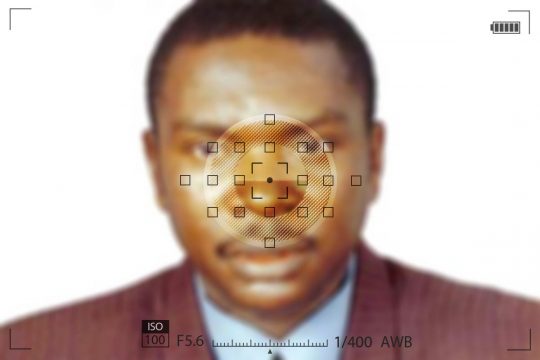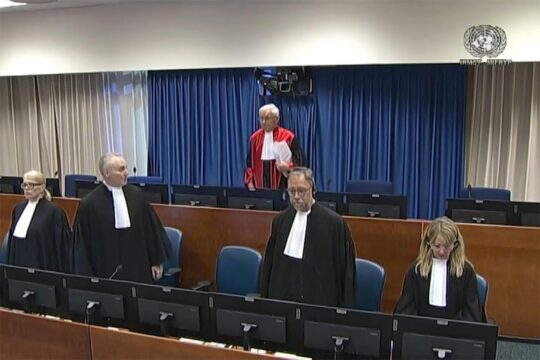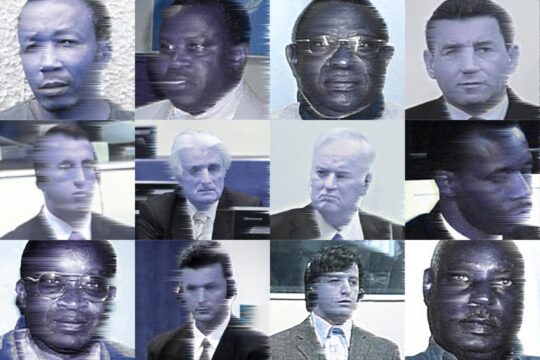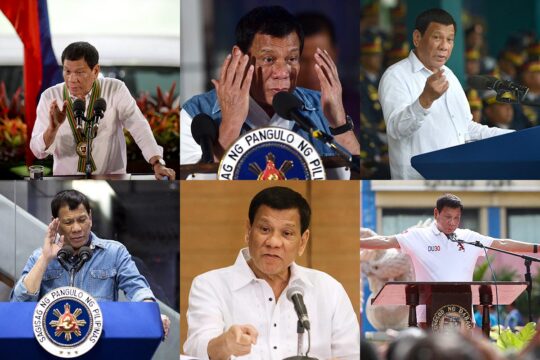This is not the first time that Brammertz has accused South Africa of failing to meet its judicial cooperation obligations. But on June 8, the Belgian prosecutor of the UN Mechanism charged with carrying out residual functions of the International Criminal Tribunals for former Yugoslavia and Rwanda really got tough with Pretoria. “As it stands today, South African authorities are effectively sending the message that their country is a safe haven for fugitive génocidaires," he told the UN Security Council. “The Security Council’s intervention is urgently needed. Repeated failures to adhere to the Council’s decisions must have consequences.”
Brammertz’s complaint concerns Fulgence Kayishema, a former Rwandan judicial police inspector suspected of having participated in the 1994 genocide of Tutsis in Rwanda. Kayishema is one of six Rwandans still wanted by international justice. These are men indicted many years ago by the International Criminal Tribunal for Rwanda (ICTR). The Mechanism for International Criminal Tribunals (MICT) is now responsible for locating and arresting them.
Three years of delay
Brammertz had already reminded the UN on December 14, 2020, that his office had located Kayishema in South Africa. “Relying on records and sources, my Office concluded in early 2018 that Kayishema was living in Cape Town, South Africa. This was confirmed by South African authorities via Interpol in August 2018. We immediately submitted an urgent request for assistance to South Africa seeking his prompt arrest,” the prosecutor said in New York. “We were surprised to be informed that because Kayishema had been granted refugee status in South Africa, he could not be handed over to the Mechanism. This excuse was withdrawn months later, replaced with a new argument that South Africa lacked a legal basis to cooperate with the Mechanism.”
Reacting to Brammertz's accusation, South Africa's representative to the UN gave assurances that the matter had been brought to the attention of national authorities at the highest level to ensure his arrest, and that the country would ensure it met its international obligations. At a press conference in Kigali a few days later, Rwandan President Paul Kagame announced that his government would support the MICT's efforts by formally calling on South Africa to put an end to this situation. “We will be doing that. We haven’t done it, but we shall do that definitely,” Kagame said.
“Unfortunately, the situation remains unchanged, and there has been no meaningful improvement,” Brammertz said on June 8, using unusually tough words to accuse South Africa of harbouring fugitive genocide suspects.
Mpiranya in Zimbabwe ?
The international prosecutor accuses Kayishema of having “played an important role in the 16 April 1994 massacre at Nyange Church. In the days leading up to the massacre, 2,000 Tutsi civilians – women, men, children and elderly – sought refuge in the church. Initially, militias surrounded the church and launched an attack, including throwing hand grenades into the packed building. While many were wounded and killed, the refugees resisted, forcing the attackers to retreat. Determined to murder these innocent civilians, local leaders, including Kayishema, brought a bulldozer to the church grounds. In an act of unimaginable brutality and sacrilege, the bulldozer was used to demolish the church with the refugees still inside. More than 1,500 were crushed to death. Survivors who escaped were hunted down and killed.”
Among the other fugitives Brammertz hopes to track down is Protais Mpiranya, who in 1994 commanded the Rwandan presidential guard, an elite unit that was responsible for the security of President Juvénal Habyarimana. Mpiranya is probably the most wanted fugitive from international justice today. But while Brammertz openly states that Kayishema is hiding in South Africa, he has never clearly said which country is harbouring Mpiranya. However, reliable sources at the MICT indicate that the former officer is living in Zimbabwe, South Africa's neighbour.
Reward of up to 5 million dollars
“We are actively investigating evidence that Mpiranya, in addition to his crimes during the genocide, has for the last two decades engaged in further serious criminal activity. We have reason to believe he has also operated business enterprises using illicit funds. Many individuals are likely to have interacted with or learned of him. These persons are of interest to us, and we encourage them to come forward with information about Mpiranya,” Brammertz said in his report to the UN Security Council on June 8. “My Office reiterates that any person – including Mpiranya’s associates and supporters – who provides information leading to an arrest is eligible for a reward of up to 5 million US dollars.”
According to the NGO African Rights, Mpiranya fought in 1998 with Congolese armed forces against Congolese rebels supported by the new Rwandan government. According to African Rights, the fugitive was later sent to Zimbabwe to establish business links for the Democratic Forces for the Liberation of Rwanda (FDLR), an armed Rwandan rebel movement accused of exploiting the minerals in eastern Democratic Republic of Congo.
Mpiranya’s indictment alleges that elements of the presidential guard, acting under his orders, participated in the abduction and murder of opposition leaders on the morning of April 7, 1994. Among the victims were Prime Minister Agathe Uwilingiyimana and the president of the Constitutional Court, Joseph Kavaruganda. The accused is also said to have played a role in the murder of 10 Belgian peacekeepers by soldiers of the regular army in the centre of Kigali.
Some Rwandan circles claim that Mpiranya is dead, which Brammertz contests, saying it is a way to cover his tracks. The seriousness of the crimes of which Mpiranya is accused means that, if he were arrested, he would be tried by the MICT in Arusha. This is not the case for Kayishema, who would be transferred to Rwanda to be tried by the national justice system.


